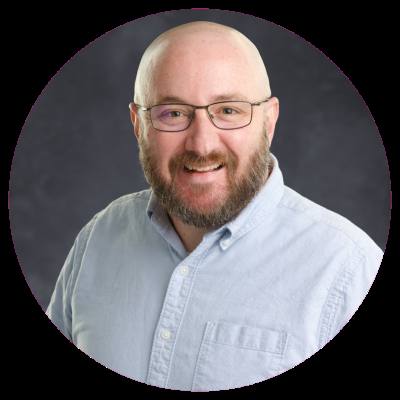As one of the fastest-growing college systems in the country, can LSCS continue to add new students and pass bond referendums to fund new facilities, or is there a point where the system can no longer expand?
In our community, we've had 176,000 people added in the last four years. The next five years, we project another 240,000. So in this period we're going to add [almost] 500,000 people in our community. So we don't see the growth slowing down anytime soon. That's the challenge we have. That's why we are seeking another bond. If you look out at the horizon, we know where the growth is coming. It's all over, but you look where the new toll road is coming in—the Grand Parkway—we know where entire communities are being planned. We know where big plots of land are and who's thinking about what. So we're trying to think strategically, not only where we are right now.
Why do you believe the 2013 bond referendum failed?
There [are] a couple of reasons. We had a low voter turnout. We had that vote in May. The election this time will be in November, so we'll have a greater voter turnout. I think more than anything else it was a lack of communication, and that is on us. I tell people this when I talk to them that during the course of a year we will deal with 140,000 different students. If the average family size is three, we deal with 400,000 families and people. Very few people get the opportunity to make the changes we do. We know what we are doing, and we think you know what we are doing. But that doesn't translate to people coming out to the polls sometimes.
Why should a resident within the LSCS service area who is not a student or parent of a student vote to approve this bond referendum?
The simple answer is a rising tide raises all boats. Again, going back to economic prosperity, the way our community is going to be successful over the longterm is having an educated public. It is not just the education piece to me. With an education, you learn to be a good citizen. Some of these big companies want us to teach our students how to dress, how to act, how to deal with conflict resolution, how to show up on time. It is about improving our society as a whole. That is what we are talking about. We do all this training for EMTs, police officers, nurses and things that you may not know until you actually need them. That's what we do with all this training behind the scenes is [we are helping create] the infrastructure for a successful society.
Why can LSCS not fund new facilities using increases in property tax revenue?
We do not generate enough new income on tax revenue from our tax base. For example, the bond is less than $485 million. So the increase in tax base generates about $10 million to $12 million in new money. We are so large right now that if we give pay raises of 2 percent, it takes about $3 million out of that. There is not enough money being generated by the tax base alone to pay for a new building. It is one thing to go out and buy a small item in your household like a washing machine or a new TV, and it is another thing to go out and have a house mortgage. You just do not generate enough money in your household income to pay for a house.
There was opposition toward the 2013 bond from Montgomery County voters. Is there an emphasis being placed on Montgomery County in terms of getting information out on this bond?
We are reaching out to groups and individuals that had concerns about the bond last time. If it is about class utilization, we want to show you what we have done with that—we try to answer your question. If it is about the financing and how we are handling that, talk with us about that. I think we are doing a much better job explaining how we are going about [addressing public concerns] this year. We are talking to large groups and small groups about [the bond]. But tell us where you have concerns about this [bond referendum]. There is no tax hike in the bond because we are so large and our assessed value [is so large]. We pay off the debt without a tax hike because we have enough money coming in on our tax rate.
How great of a need is the Energy and Manufacturing Institute at LSC–University Park meeting in the area? Do you see these types of facilities becoming a priority for LSCS?
The reason we opened that building is because we have the Chancellor's Advisory Committee. So the oil and gas reps that came in, they told us what their needs are. There is a shortage of workforce in the area, and it's projected to be a major shortage. So we put [the EMI] together because [the companies] said they needed that. They want us to do the training for them. They may train you on the specific skills you need, but they want students [who are] ready to go to work. They want workers who are ready, and that's what we do. [EMI] is an advanced technology center, and we're using that as a model for the other facilities we build.





